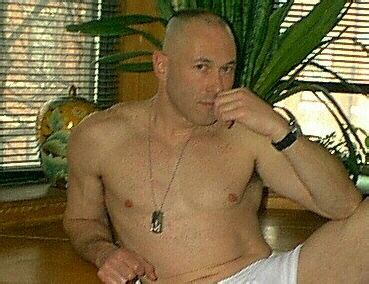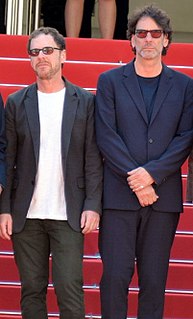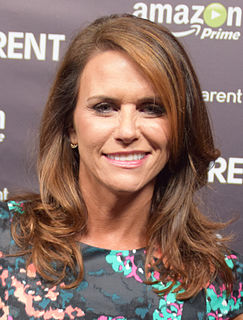A Quote by Jeff Gannon
My employer was never at any time aware of anything in my past beyond the writing I did, because, frankly, it isn't relevant to the job I was asked to do, which was to be a reporter.
Related Quotes
I didn't go to university. They offered me a job as a junior reporter and I went off to work for the Southern Reporter. They sent me to college to do my NCTJ, which is a professional exam for journalists, and I started work as a print journalist purely because I was just a pest. They couldn't think of anything other than giving me a job to stop me hanging around.
I've never had a mentor personally of any kind. It feels like, generally, in the writing world or the art world, it's more of a thing in America, because you have writing programs, which we don't have. You have these amazing writers who are teachers. I never did a writing program so I never met a writer until I was published. I guess I can't really explain my compulsion for writing these kind of mentor characters.
[Buckminster Fuller ] never got past his freshman year [in Harvard], because the guy was an insane womanizer and he did parties every night, never studied anything, never took a note, didn't care about anything and just had a blast. So they said, "We gotta let you go. You get zeros all the time." Today it wouldn't even matter, because they don't care if you can read.
I don't think I would have been a good architect. Really, I have thought about this from time to time, and I might have wound up like my father, who never did find that which he could devote his life to. He sort of drifted from job to job. He was a traveling salesman, he was a bookkeeper, he was an office manager, he was here, there, there. And however enthusiastic he was at the beginning, his job would bore him. If I hadn't had the writing, I think I might have replicated what he was doing, which would not have been good.
Do not allow past experiences to be imprinted on your mind. Perform asanas each time with a fresh mind and with a fresh approach. If you are repeating what you did before, you are living in the memory, so you are living in the past. That means you don't want to proceed beyond the experience of the past. Retaining that memory is saying, 'Yesterday I did it like that.' When I ask, 'Is there anything new from what I did yesterday?' then there is progress. Am I going forward or am I going backward? Then you understand how to create dynamism in a static asana.
I was asked to do a test commercial shoot for an Apple product which didn't mean much to me at the time. Some music player that holds all your songs. Sounded cool to me and I never gave up an opportunity to work, especially with the possibility of it turning into a national commercial. Coolest job I did in that time.

































